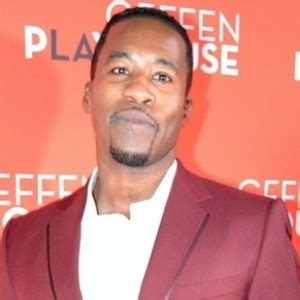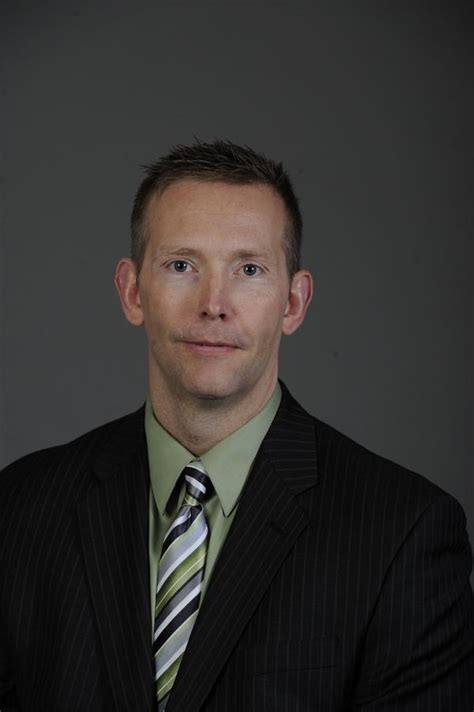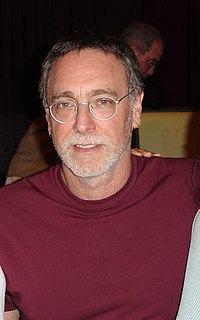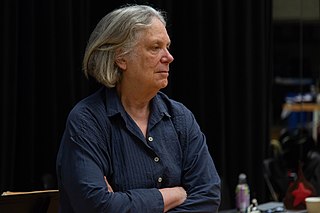A Quote by Stephen Covey
We see the world, not as it is, but as we are -- or, as we are conditioned to see it. When we open our mouths to describe what we see, we in effect describe ourselves, our perceptions, our paradigms.
Quote Topics
Related Quotes
The more aware we are of our basic paradigms, maps, or assumptions, and the extent to which we have been influenced by our experience, the more we can take responsibility for those paradigms, examine them, test them against reality, listen to others and be open to their perceptions, thereby getting a larger picture and a far more objective view.
As a scientist, objectivity is one of my most deeply held values. If we could just try harder, I once thought, surely we could each see the world as others see it and learn to respect one another's views more readily. But I learned from the Pirahas, our expectations, our culture, and our experiences can render even perceptions of the environment nearly incommensurable cross-culturally.
The murders of Newtown are a warning to me - and you. Not a warning to see our schools as defenseless, but to see our souls as depraved. To see our need for a Savior. To humble ourselves in repentance for the God-diminishing bitterness of our hearts. To turn to Christ in desperate need, and to treasure his forgiveness, his transforming, and his friendship.
When the function of libraries is put in terms of their contributions to the community, people see their centrality. The challenge to us is to continue to help them see it in those terms to describe our larger purposes. We must assert that libraries are central to the quality of life in our society; that libraries have a direct role in preserving democratic freedoms. Free access to information and the opportunity of every individual to improve his or her mind, employment prospects, and lifestyle are fundamental rights in our society.
Traveling through the world produces a marvelous clarity in the judgment of men. We are all of us confined and enclosed within ourselves, and see no farther than the end of our nose. This great world is a mirror where we must see ourselves in order to know ourselves. There are so many different tempers, so many different points of view, judgments, opinions, laws and customs to teach us to judge wisely on our own, and to teach our judgment to recognize its imperfection and natural weakness.
For the most profound experiences in our lives and in the world words are worth nothing. Can you describe love Or death Can you describe what it really feels like the first time you see your child Or the first time your heart gets broken You can try...but it won't come close to describing what it really was or what it really felt like.




































